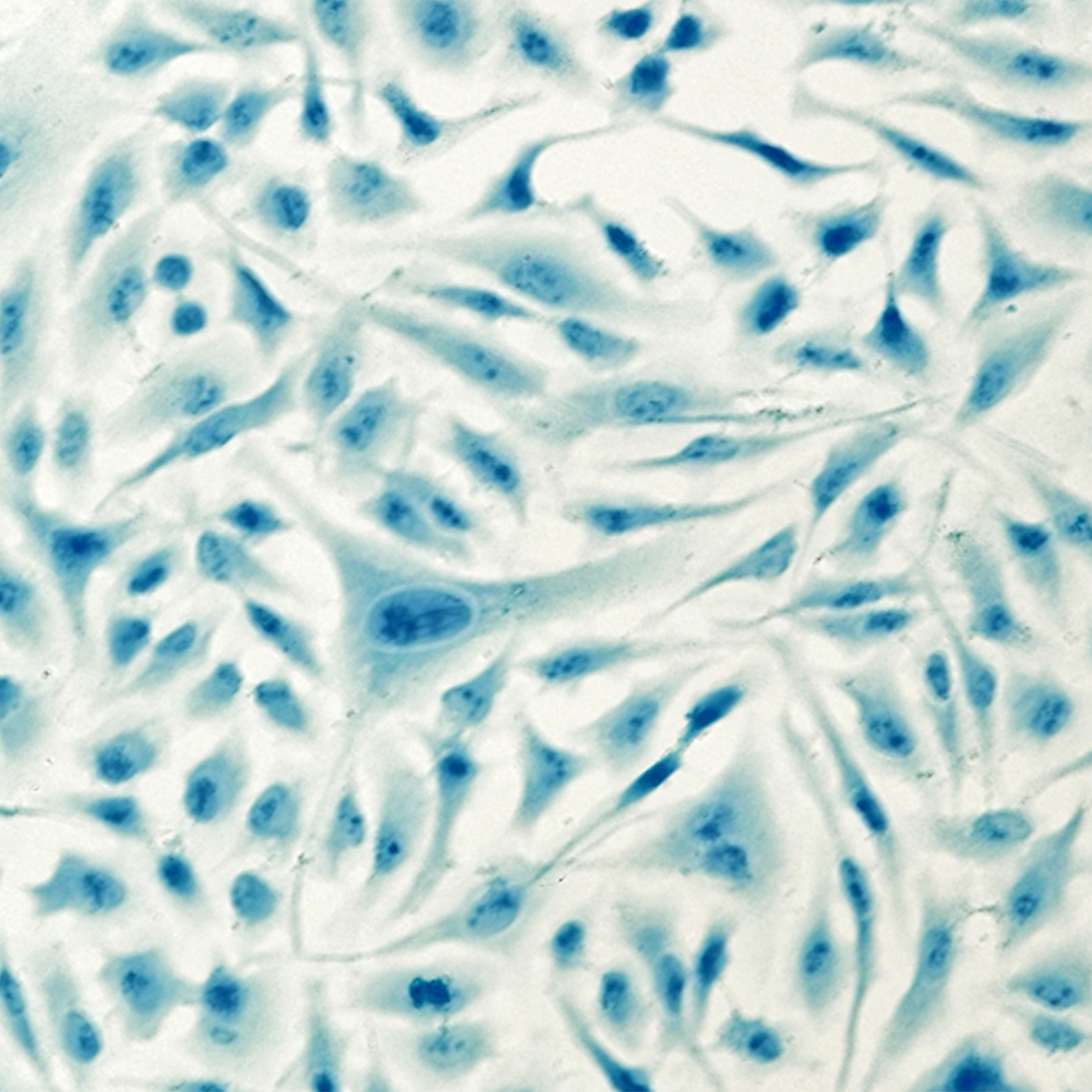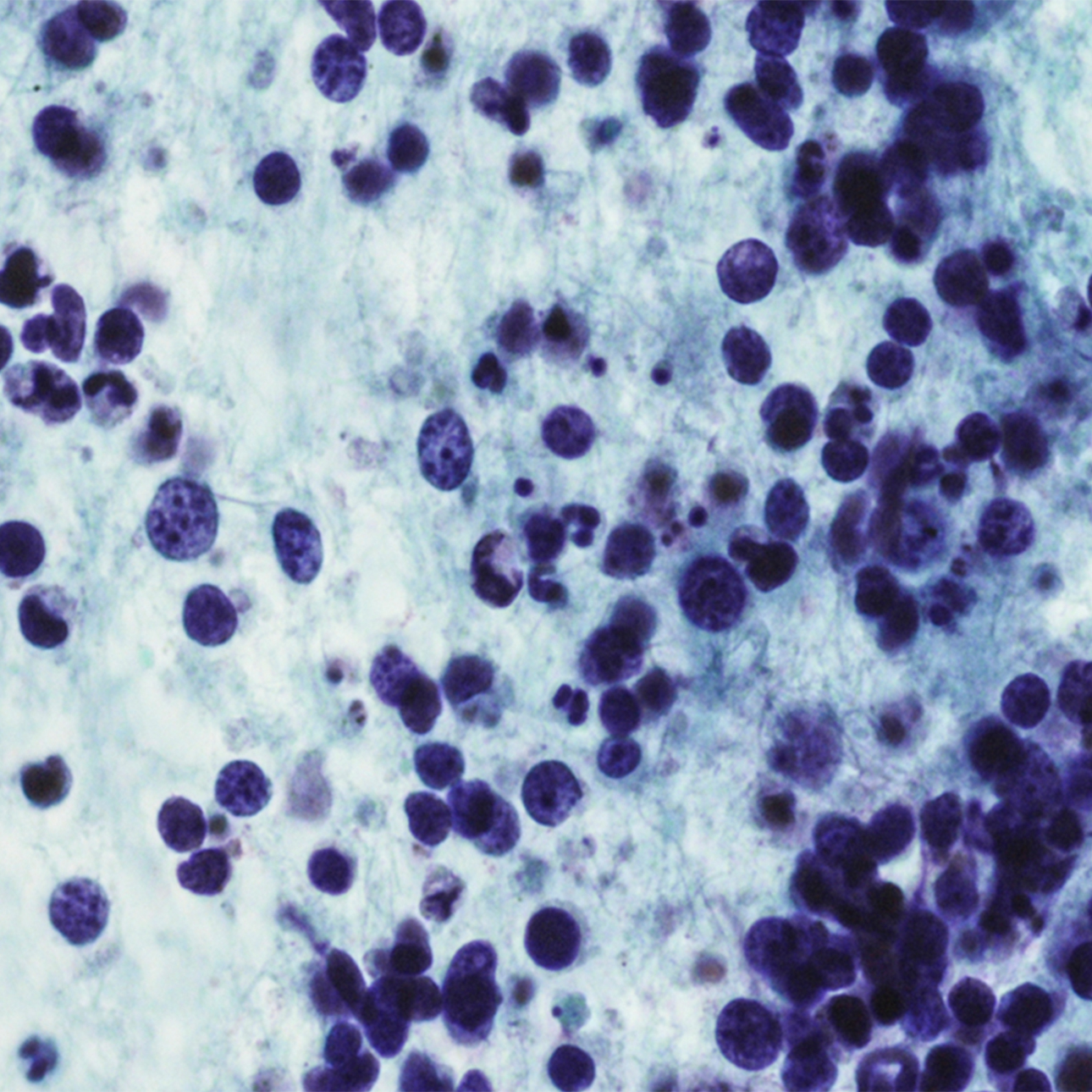
Surgery
Before having surgery, your doctor will discuss the procedure with you in detail and discuss any possible side effects.
If the tumor is small and localized, surgery will often successfully remove the tumor with few side effects. However, if the tumor is advanced and has spread to surrounding areas, surgery will be more extensive and may involve the removal of parts of your throat, mouth, jaw or voice box. In these cases, your ability to speak, chew, swallow and breathe may be affected.
Reconstructive surgery can help restore your appearance and rehabilitate speech and swallowing function. Prosthetic devices in your mouth may replace removed portions of your teeth, gums and jaw. In more advanced cases, you may need to use tubes for feeding and breathing and an artificial voice aid for speaking.
You will also work with a speech-language pathologist to assist you with problems related to speaking and swallowing. In addition, you may work with a dietitian who will help you develop a nutritional plan that includes healthy foods that are easy to swallow and chew.
Radiation Therapy
Radiation therapy can be used for select small tumors as primary treatment. It is also administered following surgery or in combination with chemotherapy for advanced tumors.
Chemotherapy
Chemotherapy is the use of drugs to kill cancer cells. Researchers are looking for effective drugs or drug combinations to treat throat cancer. They are also exploring ways to combine chemotherapy with other forms of cancer treatment to help destroy the tumor and prevent the disease from spreading.
For advanced tumors, chemotherapy is often given in combination with radiation therapy, typically in the setting of a therapeutic clinical trial.
UCSF Health medical specialists have reviewed this information. It is for educational purposes only and is not intended to replace the advice of your doctor or other health care provider. We encourage you to discuss any questions or concerns you may have with your provider.
Treatments we specialize in
-

Brachytherapy (HDR & LDR)
Radioactive material is placed inside a tumor or very close to it to treat the tumor and spare healthy tissue.
Learn more -

Intensity-modulated radiation therapy (IMRT)
The advanced technique focuses strong radiation on the tumor and spares surrounding healthy tissue.
Learn more


















